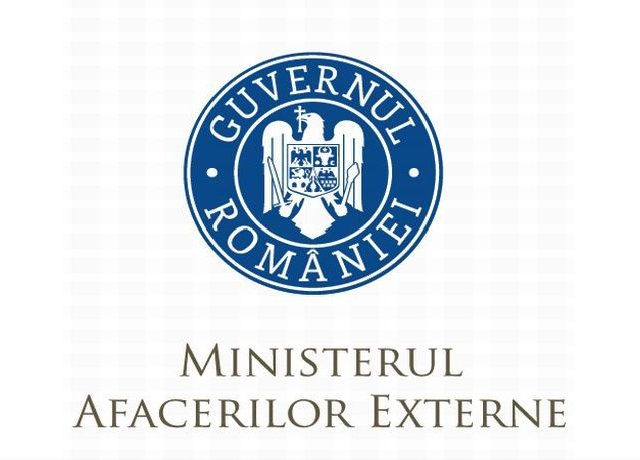Transnistria – a reason for concern
Romania condemns Russian allegations about break-away Transnistria.

Bogdan Matei, 27.02.2023, 14:00
The
Romanian foreign ministry has condemned the groundless allegations
contained in a statement from the Russian foreign ministry with
respect to the pro-Russian break-away region of Transnistria, in the
east of the Republic of Moldova, an ex-Soviet state with a majority
Romanian-speaking population, as well as the threatening and
provocative rhetoric used. According to a statement from the foreign
ministry in Bucharest, the intentional promotion of information that
does not correspond to the reality on the ground is an extremely
dangerous approach in the current security context in which the
Russian Federation is intensifying its war of aggression against
Ukraine. Bucharest warns that this attempt to artificially create
tension and destabilisation is unacceptable and calls for
responsibility, the abandonment of aggressive and provocative
rhetoric and abstention from statements and actions that can affect
the stability of the region and of the Republic of Moldova.
Russia
previously threatened, through its foreign ministry, that it would
respond to any Ukrainian military provocation in Transnistria. The
Russian defence ministry also issued a statement saying it has
intelligence that the Ukrainians are preparing a false-flag attack,
including with the involvement of the Azov nationalist regiment. As
a pretext for invasion, it is planned to stage an alleged offensive
of Russian troops on the territory of Transnistria. To do this, the
Ukrainians taking part in the action will be dressed in the uniforms
of the Armed Forces of the Russian Federation, the Russian
statement claims.
The situation on the ground, however, is calm, with
no changes compared to the previous period, said the delegation of
the Republic of Moldova to the Joint Control Commission in
Transnistria. Moldova’s defence ministry also said there is no
direct threat to the state’s military security. Earlier, the
authorities called for calm and urged the public to receive their
information from the official and credible sources of the Republic of
Moldova. Our institutions are cooperating with our foreign
partners and, in the event of threats […], we will inform the
public without delay, said the Moldovan government.
Transnistria
de facto broke away with the central authorities after an armed
conflict in which hundreds of people were killed and which ended
following the intervention of Moscow’s troops on the side of the
separatist rebels, in 1992, less than a year since Moldova proclaimed
its independence. The former Russian president Boris Yeltsin pledged
to withdraw the Russian troops from Transnistria at the OSCE summit
in Istanbul in 1999, but around 1,500 Russian military and weaponry
are still believed to be stationed there. According to analysts, the
scenario for Transnistria’s secession was also used later for the
separation, again with Russian support, of South Ossetia and Abkhazia
from Georgia and of Donbas from Ukraine. (CM)






























